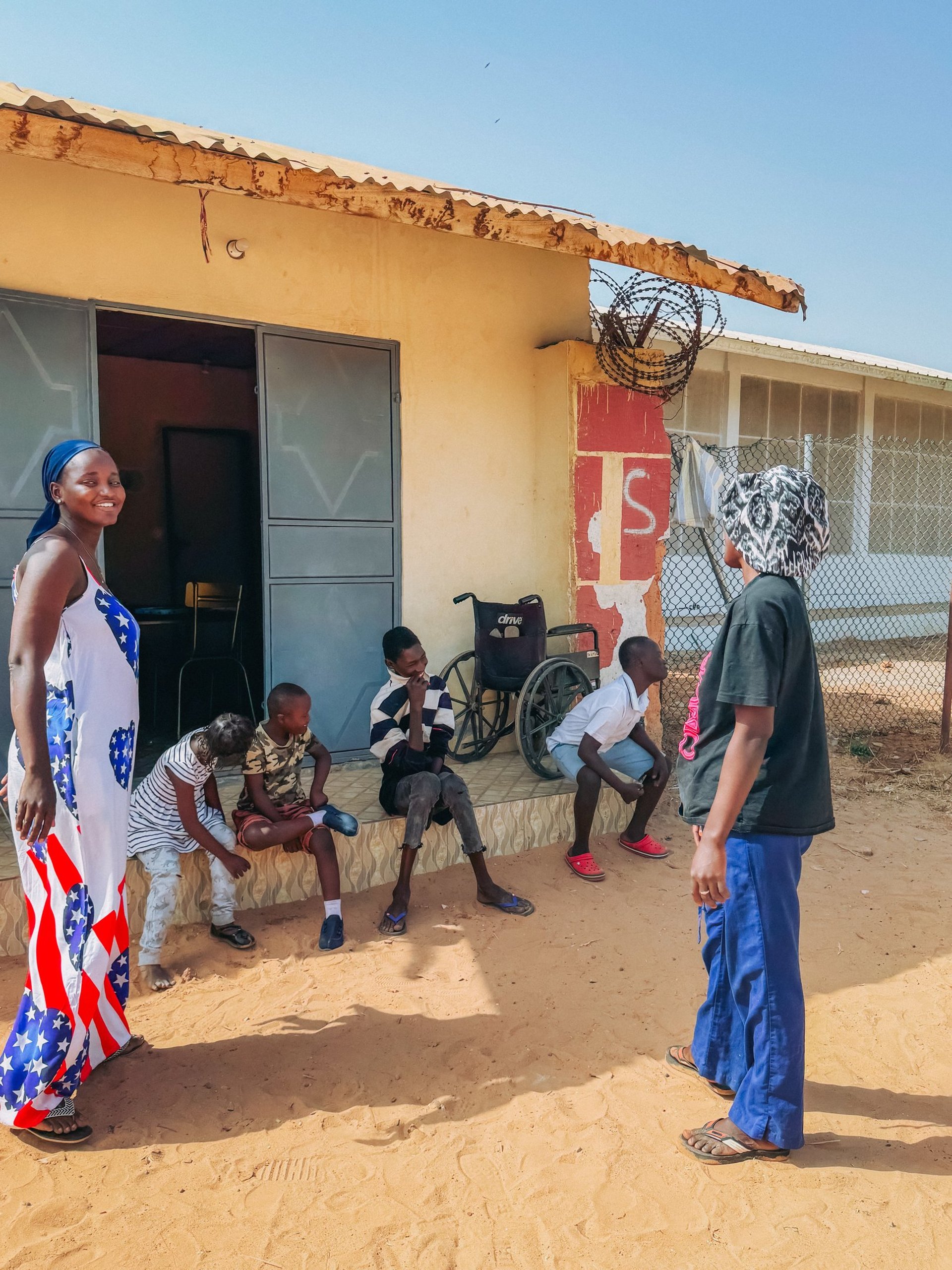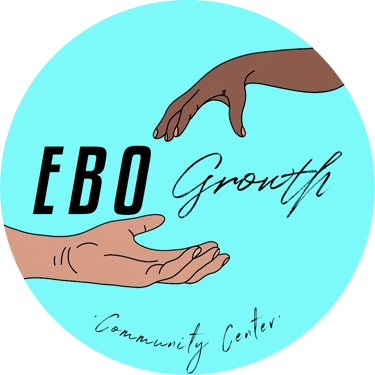
Why it matters
Since early 2000, legislation and the development of a new school structure have been on the agenda. The result is many new public schools, which unfortunately fail to accommodate children with disabilities.
Children with disabilities have the right to equal facilities and opportunities for personal development according to law, but the facts show that they are not given access to enrollment in public schools. The special schools that exist in Gambia are most often private, funded by international donors, located in urban areas and areas for children of high social status. This has fatal consequences for children in rural areas who are in need of adapted services. The fees for school and school uniform in public schools also contribute to discrimination. Many parents have to choose between daily meals for the family or school fees. For children with a lower level of functioning, it is more difficult, many will be isolated and hidden away.
General stigma and misconceptions around disabilities are a challenge. Children from low-status families are often not diagnosed. They have parents who cannot afford medication or aids, and the parents lack knowledge about what their child needs. Some parents reject their children, and they rarely talk about their children as they see them as a burden and not a contributing family member. The majority have little knowledge and understanding of disabilities and in popular parlance people with disabilities are referred to as “crazy”.
